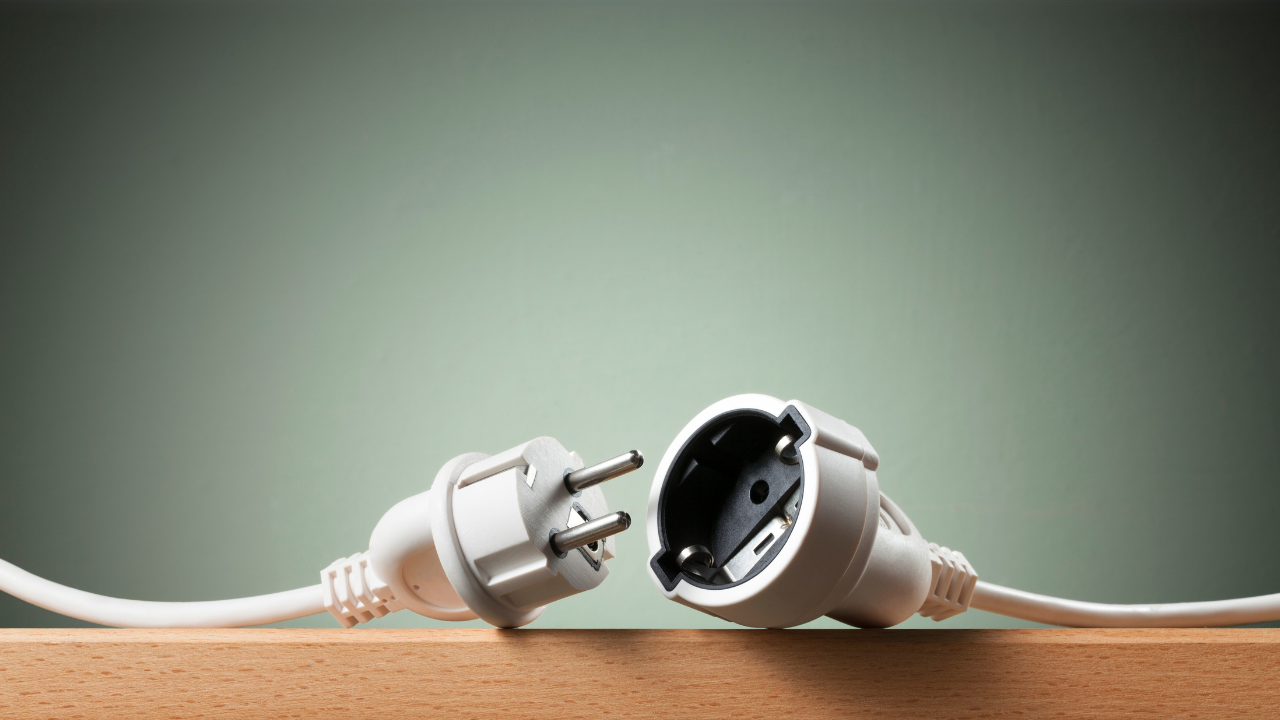Emotional Capital: The Hidden Resource Every Trader Depends On
May 23, 2025
Reading Time: 3 min
What I’ve seen time and time again—working with traders across all levels—is that their worst decisions rarely come from a bad strategy.
They come from mental and emotional fatigue.
And when I ask about it, they often blink and say:
“I didn’t even know I was supposed to manage my energy.”
They monitor charts. They track P&L.
But their internal bandwidth? That’s rarely part of the plan.
So they push through stress.
Skip recovery.
Force clarity that isn’t there.
Hold themselves together with white-knuckle willpower...
And think they’re being productive.
But really?
They’re just trying not to drown.
Because emotional capital isn’t some fluffy concept.
It’s real. It’s measurable. It’s fuel.
And when it runs low?
That’s when smart traders start making not so smart decisions.
What Is Emotional Capital?
Emotional capital is your mental and emotional reserve—the energy you draw on to stay calm, sharp, and disciplined in the chaos of the market.
It’s what:
-
Keeps you grounded when the setup isn’t perfect
-
Helps you wait for confirmation instead of jumping in early
-
Allows you to walk away instead of spiraling into revenge trades
You trade with your strategy, yes.
But you also trade with your state of mind.
And when that state is tired, stressed, or running on fumes?
Even the best strategy can’t save you.
Signs Your Emotional Capital Is Draining
Emotional capital is the invisible fuel behind every trading decision.
It powers your patience.
Your discipline.
Your ability to stay focused when the pressure builds.
When it’s high?
You can ride uncertainty with confidence.
But when it’s low?
Even the smallest challenge can send you spiraling.
And those poor decisions start stacking up:
-
Overtrading just to “feel” in control
-
Chasing losses to make the pain stop
-
Breaking your plan because it feels too rigid
-
Losing trust in yourself—or your system
-
Questioning every move, every trade, every decision
When your emotional capital is drained, trading starts to feel like a fight—
against the market, against your rules, and eventually…
against yourself.
And if you keep pushing through that state without restoring what’s lost?
The cost isn’t just a red day.
It’s something deeper: the slow erosion of clarity, confidence, and self-trust.
Emotional Withdrawals: How Traders Drain Their Emotional Capital
Think of emotional capital like a bank account.
Every experience, habit, or stressor either adds to it—or drains it dry.
Here are some of the most common withdrawals:
🔻You didn’t sleep well.
Physically, you showed up. Mentally, you never arrived.
Lack of sleep lowers focus, shortens your fuse, and messes with decision-making.
You don’t need a bad trade to go on tilt—sometimes, it’s just four nights of poor sleep.
🔻You’re carrying stress from outside the market.
Family tension. Financial pressure. Health concerns.
Even if you think you’re compartmentalizing—it leaks.
Stress doesn’t ask where it came from. It just takes up space in your brain.
🔻You’re wired, not grounded.
Too much caffeine. Too many screens. Not enough movement.
You feel sharp—but you’re not. You're on the edge.
You’re moving fast, but it’s all friction. No clarity.
🔻You’ve been holding it together for too long.
Even when you’re trading well, you’re using energy to suppress impulses, manage emotions, and resist chasing.
That kind of restraint? It costs.
And eventually… you run empty.
🔻You haven’t taken a real break.
Logging off isn’t the same as resetting.
If your “rest” still includes replaying losses or doomscrolling Twitter…
You’re still in it.
Recovery isn’t screen absence. It’s presence with yourself.
🔻You’re emotionally multitasking.
You’re trading—but also dealing with self-doubt, fear of missing out, and the pressure to “make it back.”
You’ve got one screen… but ten emotional tabs open.
No wonder your browser crashes.
What Happens When You Go Emotionally Bankrupt
When emotional capital runs low for too long,
you don’t just feel off for a day or two—
you begin to operate in a chronic state of depletion.
That’s when burnout begins to take shape.
Not all at once, and not with a clear warning sign.
But slowly, through the build-up of stress, fatigue, and pressure that’s never fully released.
Burnout isn’t a sudden collapse.
It’s the final stage of running on empty for too long.
Not one bad day—
but the accumulation of everything you’ve been holding in.
Recently, I recorded a podcast episode on this—
what burnout really looks like behind the scenes,
and how to catch it before it catches you.
🎧 Listen to Confidence in Trading Podcast - Episode 55: Trading Burnout
Final Thought
If managing your emotional capital isn’t part of your process, your process is incomplete.
Remember, you won't get to your destination on an empty tank.
So the next time you catch yourself pushing, forcing, or spiraling—
don’t ask what’s wrong with your system.
Ask: What’s my emotional capital balance right now?
Because sometimes, the smartest move you can make…
is knowing when it’s time to slow down and refuel.




